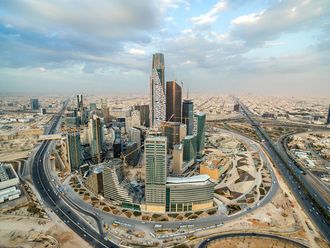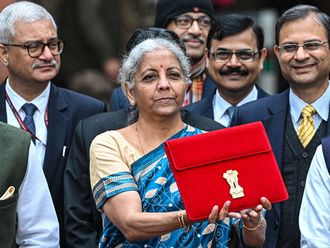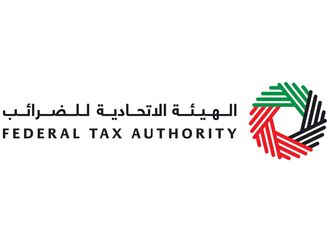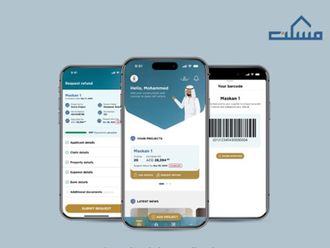
The Metaverse represents the next step in the evolution of the internet, with game-changing innovation that will impact multiple aspects of our lives. Still at an early stage in its development, there are competing definitions as to what exactly the Metaverse is, should be, or could be.
What is generally agreed upon is that the Metaverse will bring together all the elements of our digital age in an immersive experience, creating a seamless convergence of our digital and physical lives. And it’s happening at an increasing speed.
As an investment theme, the Metaverse goes beyond social and gaming platforms with virtual reality (VR) headsets and personalized experiences enriched through augmented reality (AR). The investible universe encompasses a broad range of existing industries and sectors, with opportunities across the spectrum of market capitalization.
Beyond what we see today, the Metaverse presents a major economic opportunity for innovative companies that can help facilitate, create, or benefit from the growth of immersive virtual worlds. McKinsey estimates the Metaverse has the potential to generate up to $5 trillion in value by 2030. What is also encouraging is that progress is being made in the development of policies, technologies and regulatory frameworks specifically designed to assist in the growth and oversight of this realm.
In the Middle East, the Metaverse ecosystem is supported by a series of recently announced government strategies and regulations. The Dubai Metaverse Strategy, for example, is a joined-up approach to fostering innovation, cultivating Metaverse-specific talent, and forging a rich value chain that delivers tangible socio-economic benefits. These outcomes - it is hoped - will turn Dubai into one of the world’s Top 10 Metaverse economies, worth $4 billion and 42,000 virtual jobs. Saudi Arabia has announced plans to invest $6 billion in advanced technologies, including a $1 billion fund for the Metaverse.
Such significant investments may be shrewd, given the region’s reputation as an enthusiastic place for early-tech adoption. Recent reports say that in the Middle East, 94 per cent of businesses are already comfortable with the concept of conducting virtual reality meetings. It also suggests that 82 per cent of Middle Eastern firms can imagine their company introducing virtual reality in work processes, and 79 per cent are ready to participate in virtual reality meetings versus video calls.
Age of Web 3.0
However, meeting the region’s appetite for Metaverse experiences requires the building of real-time, 3D, persistent, large-scale virtual worlds, and environments. Creating this requires significant investment and innovation in data, networks, cloud, augmented-reality hardware and software, and edge computing capabilities that are far beyond what we have today. Much of this infrastructure is also intimately connected to the construction of Web 3.0 – the next generation of the Internet.
Many argue that Web 3.0 is fundamental to the realization of the Metaverse, powered by AI-driven services and a decentralized data architecture built on blockchain, machine learning, and ubiquitous connectivity. Faster connectivity speeds will be required, with bandwidth and latency two key areas where we need to see improvement.
The building out of 5G wireless infrastructure still has enormous growth potential. Ericsson estimates the opportunity presented by 5G fixed wireless access at $5 billion in 2022, growing to $21 billion in 2025 and $53 billion by 2030.
Web 3.0 also means that the world’s dominant technology and internet companies will no longer own and control all our data. In plain language, this means that all the data gleaned from mobile phones, PCs, smart appliances, and sensors will be owned by users and sold through decentralized data networks. The emergence of this AI-powered Internet 3.0 ecosystem provides technology companies, emerging digital innovators, and investors with a range of opportunities.
Making funds available
Across the MEA region, we are already seeing a growing number of opportunities and funds. Dubai has around 1,000 blockchain and Metaverse-based companies and start-ups. In computing, there may be opportunities for portfolios to include logic, memory, equipment manufacturers, semiconductor chip design companies, foundries, and related equipment companies.
Companies developing Metaverse hardware, such as virtual reality headsets, haptic accessories, tablets and smartphones, sensors, and scanners, may also feature in a robust Metaverse fund. Further down the value chain, we could see opportunities to invest in ‘over-the-top’ providers like content developers, services, and assets.
Just the components and hardware elements of the Metaverse value chain are expected to grow at a 43 per cent CAGR (compound annual growth rate) over the next decade, reaching c. $300 billion by 2025 and $830 billion by 2028, with some estimates expecting it to be a trillion-dollar market in the next decade.
While the scale and breadth of such opportunities are unquestionably vast, the growth predictions can differ and occasionally be contradictory. Investing in Metaverse-related start-ups and pioneers at such a nascent stage of the Metaverse’s evolution should therefore be approached carefully. Any approach should be highly selective, balanced and developed using insight and extensive due diligence.
Investors should also aim to be diversified across the Metaverse value chain, with weightings in areas like hardware, computing, networks, and content services. Crucially, any approach to investing in this area must be underpinned by risk oversight, compliance and emerging ESG (Environment, Social and Governance) considerations. Care and caution are crucial bywords for potential success within this most exciting nascent industry.













